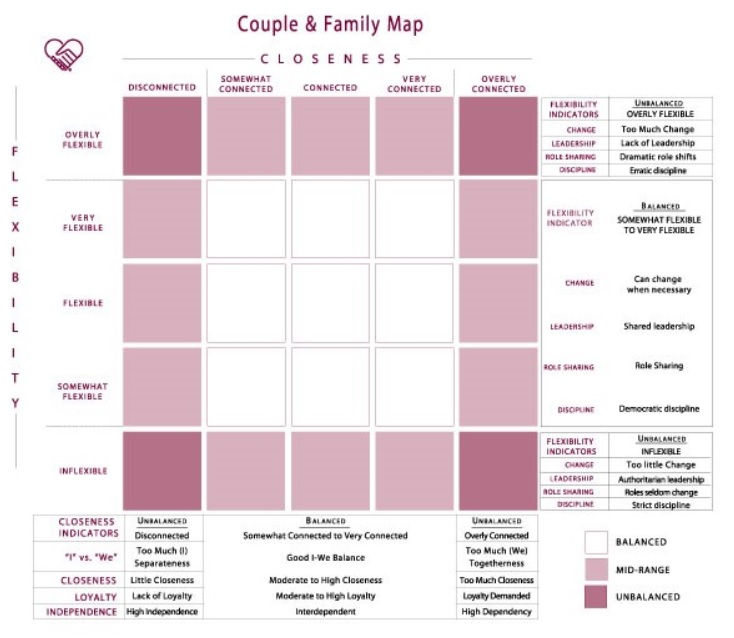Social Skills
- rogerlinpsyd
- Jun 27, 2022
- 2 min read
1. Introduce yourself. "Hi my name is ___. What is your name?"
2. Pay attention to your body language.
Have an open posture (for example, don't cross your arms). Give eye contact. Relax. Give personal space, don't be too close but don't be too far either.
3. Filter out negative comments.
Don't just say the first thing that comes to your mind. Our initial reactions may be socially inappropriate. Think before you speak. Think to yourself, "Is this an appropriate thing to say?" Avoid saying critical, judgmental things. It is okay to slow down conversations.
4. Be positive, give compliments.
5. Choose friends wisely.
Invest your time and energy with people who have characteristics you admire such as: caring, motivated, outgoing, hardworking, smart, funny, athletic, open-minded.
5. Don't interrupt when someone is talking. Listen by staying silent.
6. Reflect back to the speaker.
After the person finishes talking, say something back to them that shows that you heard what they said.
7. Read current events to give you something to talk about. But try to avoid talking about politics.
8. Go out.
Join a club or team. Explore events in the community. Make goals for yourself to meet up with people. Attend social gatherings and practice these skills.
9. Use your manners.
Say please and thank you. Ask for permission, "Would you like to talk some more?"
10. Ask open-ended questions.
"What makes you happy? What do you do for fun? What are your plans for the future?"
11. Find mutual interests.
"Do you like ____?" Finding a shared interest will give you something to do and talk about together.
12. Overcome fear and anxiety.
Breathe, take deep breaths. Learn positive self-talk affirmations such as, "I can do this." "Relax". Physically work out your anxious energy by going for a walk or stretching.
13. Take turns.
Relationships are a two-way communication, so make sure you are taking turns talking and listening. Be flexible. Not everything has to go your way.
14. Know your modes and frequency of communication in each relationship.
There are many ways to communicate such as text, phone, social media, games, in person, emails, writing letters/notes. Clarify with your friend how often you want to talk and meet up: every day, once a week, once a month; and which mode of communication they prefer.
15. Take time to know yourself.
Learn to have alone time. Take time think about what makes you unique: your experiences, thoughts/ideas, interests, passions, preferences, desires, goals, and opinions. Knowing yourself will help you have things to share in your friendships.

Comments